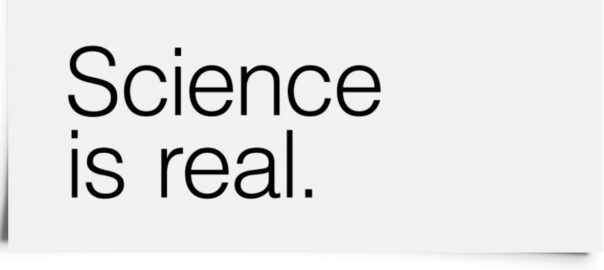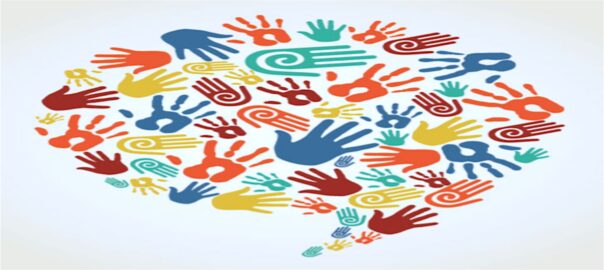
Our hearts and prayers go out to the families in Lahaina, Maui, Hawaii, as they recover from the horrific fires that killed so many and devastated the landscape. Such an awful moment calls for mourning, relief and recovery assistance, and thorough investigation so that lessons might be learned for the future. Alas, we are watching unbelievable ineptitude and obfuscation that is insulting to those who passed away and unhelpful for the survivors trying to piece their lives back together.
The embers were not even cool before politicians – local and federal – screamed, “Climate change!” as the cause of this tragedy. But the facts on the ground point to bad ecological management, poor maintenance of electrical facilities, and nearly criminal neglect by leaders as the fires grew.
In poorly-run cities where crime is rampant and economies are tanking, leaders yell “climate change” to deflect attention away from half a century of bad governance, and a decade of pandering to social extremists while alienating the productive.
For over 60 years, we have been subject to various forms of climate apocalypticism. There are four attributes of all the messages: 1) All predictions made have been wildly inaccurate and mostly wrong; 2) Global population and resources present challenges, but we are not overpopulated and billions have emerged from poverty due to free market opportunities; 3) Global elites want ever-increasing control of food and fuel supplies so they can distribute according to their agendas, impoverishing the working classes and controlling the poor; and 4) The United Nations and other networks know that none of their agreements have any hope of bringing real change in the (fluctuating) temperatures, but it feels good to “do something.”
Friends, there ARE real environmental challenges we need to address, but they are measurable and solvable and do not require drastic and unreflective actions. We can secure cleaner water, improve agriculture, continue development of cleaner fossil fuels, discover and refine alternative energy sources, and stop the work slavery responsible for the rare metals needed for the very problematic EV industry. And we can do all these things without forcing middle- and working-class families to abandon their homes and vehicles or endanger their health with poor management of the energy grid.
What lies beneath the shrill voices of climate activists are power-hungry leaders that want increasing authority over every area of our lives. We must not avoid the hard work of stewarding creation well. We also must not give in to fear and totalitarianism. When I was a child, the Great Lakes of North America were much more polluted than today…now people are enjoying them. Israel is trying to export natural gas to Europe so that Greece and other nations can improve their lives…and the USA is interfering with this in the name of environmental concern. America was a net exporter of energy just a few years ago…and we can be again. Our oil industries are 50% cleaner that China or Russia. We can improve the environment without destroying the economy.
Let’s displace fear and extremist ideology with faith and determination. Let’s demand the highest ethics of enterprise and unleash entrepreneurial potential. Let’s shrink the bureaucracies and increase the opportunities. The best days for our global family are ahead if we become thoughtful together.




